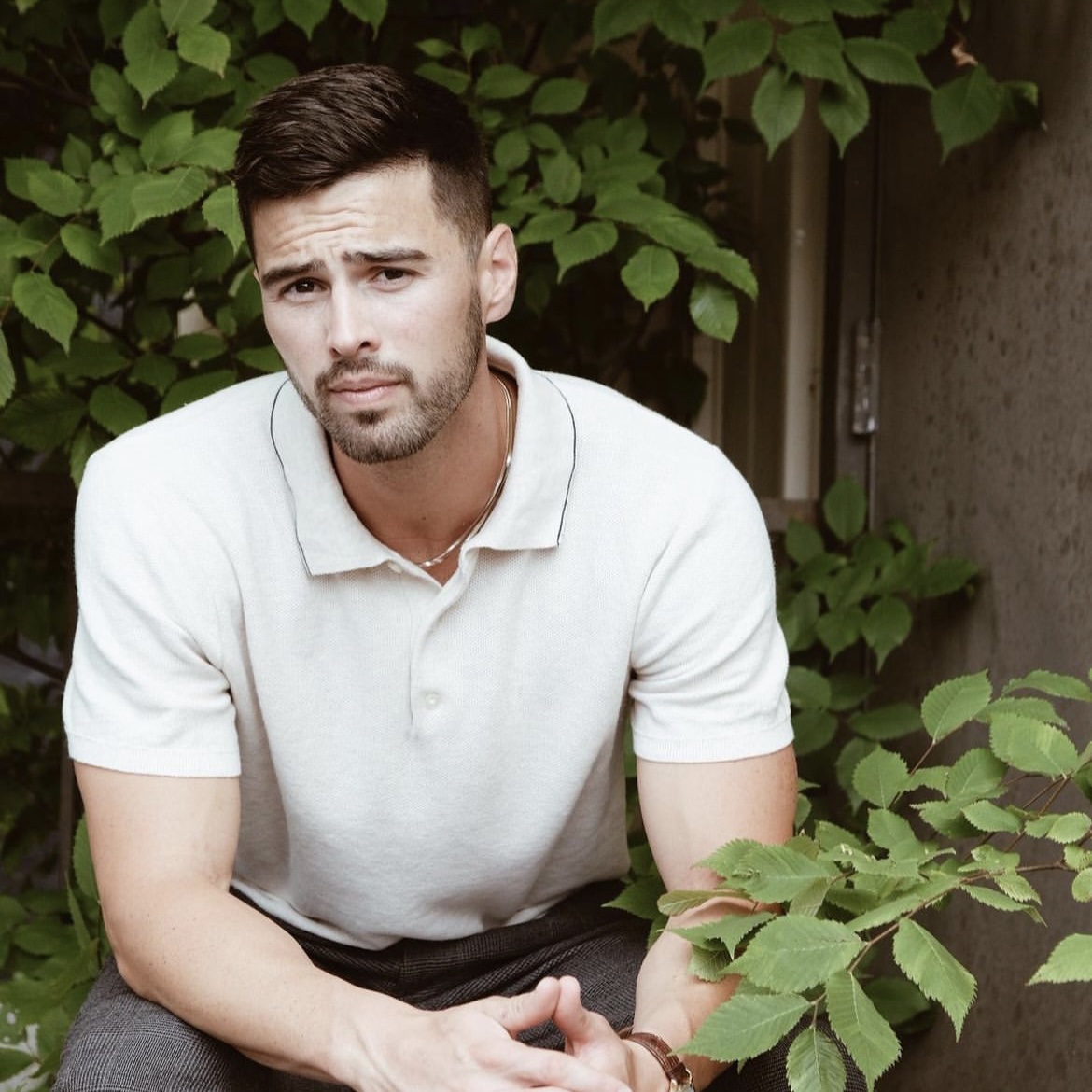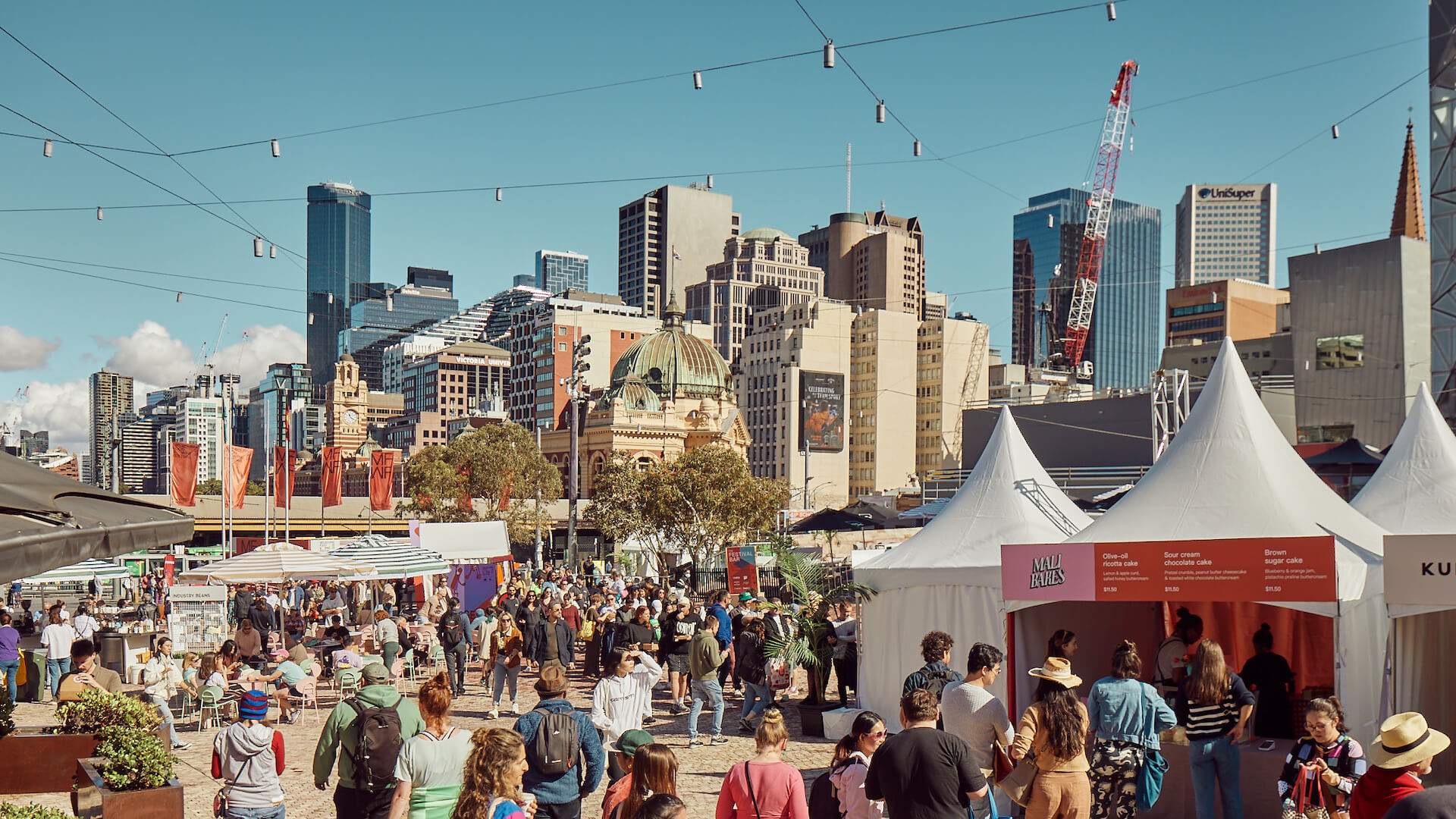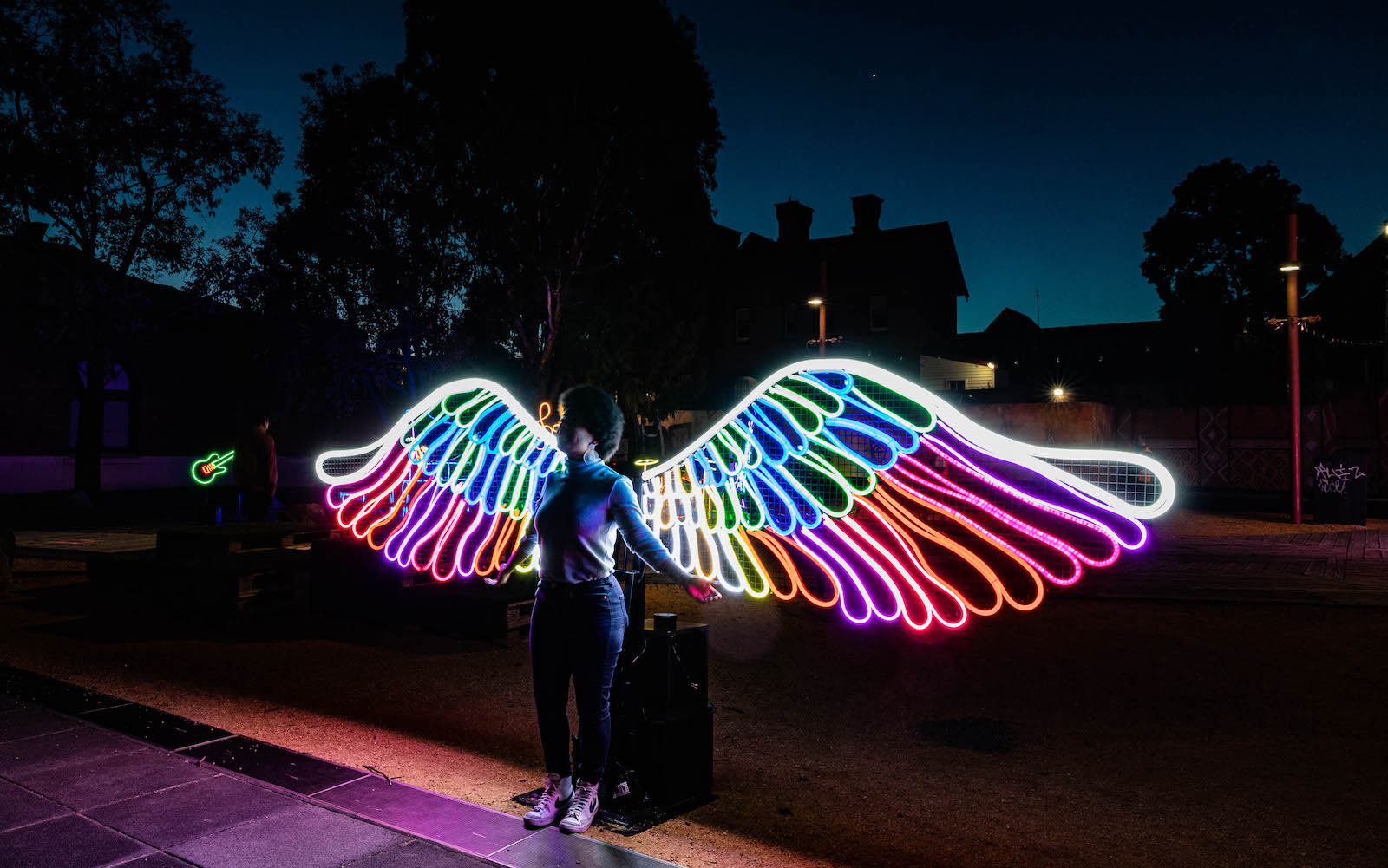here’s everything you need to know about the Sydney shows.
Telcos meticulously prepare for events like the Eras tour.
In this case though, it seems they may have dramatically underestimated the data appetites of the average Swiftie — demand at each of the three Melbourne concerts was roughly double what would have been expected.
On the Telstra network alone, concertgoers used around 34.85 TB of data, or 12 TB each night.
That’s the equivalent of 15,500 hours of video, lasting 1.7 years if it was played continuously.
Likewise, Optus said fans used more than double the data than the crowd at Ed Sheeran’s show at the same venue in 2023, churning through 1.7 TB at every show.
Meanwhile, Vodafone recorded 1 TB worth of data per night, bringing the average across the major providers to 15TB per concert.
Mark Stewart is a research fellow at the Teletraffic Research Centre in Adelaide University, and has previously helped telcos plan network capacity for major events like this.
surprisingly age diverse it does skew towards Millennial and Gen Z, who are more likely to be uploading video in the first place.
In general, Australians are using significantly more mobile data than in the past, as our phones get smarter, cameras get fancier, and apps become sophisticated.
four stadium concerts in Sydney this weekend will be hoping they’ve worked it out in the last few days.
Vodafone and Telstra said in a statement they’re taking steps to try to meet the extra demand, and Optus said it “orchestrated” a major upgrade to the communications infrastructure at Sydney’s Stadium Australia in late 2023.
“Think of it like adding another lane to a busy road to ease congestion,” a spokesperson for Telstra said.
Then again, Telstra also said it “prepared thoroughly” for the Melbourne shows, so there are no guarantees.
If all else fails and you find yourself stranded after the show, just remember that public payphones have been free in Australia since 2020.
Source: abc.net.au

George Barham, an accomplished journalist and avid gambling enthusiast, serves as the esteemed Editor-in-Chief at fly-to-australia.com, Australia’s leading source for comprehensive gambling news and insights. With an unwavering passion for both the written word and the ever-evolving world of betting and gaming, George brings a wealth of knowledge and expertise to the helm of our editorial team.



